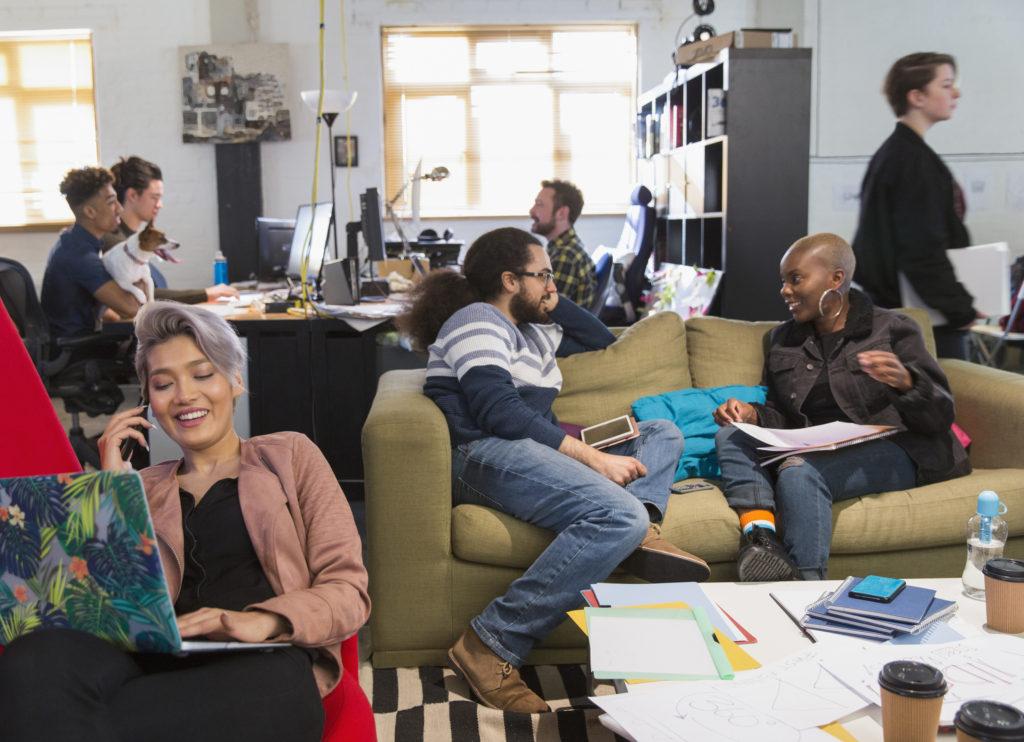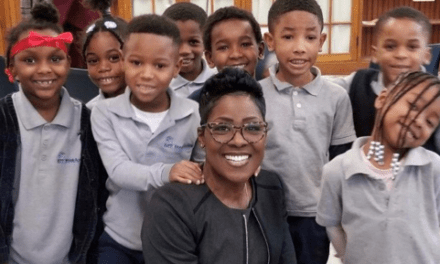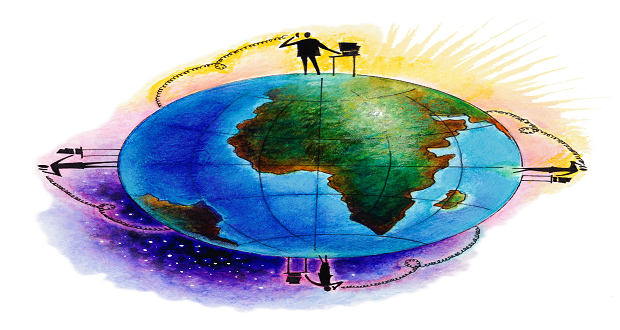
The other day I overheard at the doctor’s office: “Those millennial college kids, always on their iPads.”
I thought, “Wait a minute: I am on the younger end of the millennial generation, and am still a 3-4 years out of undergrad. I don’t own an iPad, and if I did, I wouldn’t be carrying it with me to the doctor.” Then I realized: we’ve been using the term millennial since well, the millennium… and this generation has always been talked about in the context of tween and teenage trends.
Newsflash: 18 to 24-year–olds are not Millennials anymore! Gen Y, Millennials, the Beanie Baby generation… whatever you want to call us: we are no longer teens, college kids, or the eager interns at the new start-up. As the year comes to an end, those born from 1981-1996 are anywhere from 24-38 years old today. That means this next decade will put many of us in the height of working toward our professional and personal goals. Negative connotations aside, we are, and will continue to be a majority of the workforce, and the most racially and gender diverse US workforce ever. So, what does this imply for the future of our ever-changing workforce? After looking at data and trends, and talking to my peers across various industries and fields, I’ve created a list of three of my most wanted “wishes.”
- Job Function Over Job Title: Regardless of pay, we want to feel useful and necessary to some type of goal or organizational function. I have had friends quit their decent-paying jobs with impressive-sounding buzzword titles like “consultant,” “analyst,” and “program specialist.” The reality is, we care less about the title, and more about what we are actually doing and how that is contributing to a company or personal goal. NPR’s Hidden Brain Podcast Host Shankar Vedantam put it frankly, calling those that do not live up to this standard “BS” jobs: Meaningless to the employee, but necessary in some way for organizational function.
If someone can not show up to work the next day and the company runs just as smoothly, it might be time to rethink the need for or format of the role. Does the job need to be in-office, or can it be done remotely? Could the job function be reallocated across other roles? Can a machine or technology do the job just as well? Some of these adjustments might be more expensive up-front, but the cost of rehiring and replacing employees who find their job to be lacking in value may add up. More than half of millennials are open to a new job opportunity, and 1 in 4 of us switched jobs last year—at a rate three times higher than other generations. The bottom line: Show us that we are a part of your mission and values, and we will show you that we are a part of yours.
- Financial Education and Action Over Financial Advice: One thing that stands true among all millennials: Whether indirectly or directly, all of us have experienced the biggest financial crisis since the Great Depression. Maybe we saw our parents lose their jobs, had trouble finding a foot in the door of our first job, or are rolling in student loan debt. After adjusting for inflation, the average salary for a college graduate has increased only 2.7% since 1987, yet tuition has increased 161%. To put this into perspective: In the 1980s, a part-time job during college was usually enough to pay state college tuition in full. Now, a part-time job can barely make a dent in these costs. Thus, as well-intentioned as financial advice that worked for you in the past might be, it may not be relevant anymore.
Millennials want to know facts—the ins and outs of finances and money—so we can make the right decision for ourselves and the systemic financial obstacles we may face. Telling a millennial what credit card offers the best travel rewards might be helpful, but how much do we know about the credit system in general? PWC surveyed millennials in the workforce and found only 24% of us demonstrated basic financial literacy. Offering or funding financial literacy courses as a company benefit and/or offering a student loan repayment plan if applicable are things we should start pushing for in the next decade. Participating in a financial literacy class during my year of AmeriCorps service was invaluable to how I keep track of my personal finances. And those of us with student loans would be overjoyed to see our employers help with student loan repayment: not just because of the financial burden, but also because it shows that a company values our education and sees it as an asset.
- Diversity as an Action over Diversity as a Number: The business case and concept of workplace diversity as part of benchmarking has only been around from the early 2000s, but the DEI space is continuously shifting away from simply asking how many people of color work at your company, toward instead asking how the organization is fostering a culture of celebration, inclusion, and empowerment of people with various identities. Many millennials have observed or participated actively in these shifts. The reality is, we don’t care as much about how many women work for your tech firm, or the idea you don’t discriminate against people with disabilities—we want to see it. We want to see women (of color) thrive in leadership at the same level as white men. We want to see action: acknowledging and condemning messages that promote inequity from the senior executives, instead of keeping mum. Observing Non-Christian holidays with paid time off, rather than tokenizing a coworker who wears Hijab on the cover of your website. These little things make big differences. We want to see our diverse generation thrive in and out of the work environment.
Millennial or not: Everyone has a role in the future of our workforce, and it’s time we put the negative connotations and stereotypes aside, and started thinking about our individual roles in creating these culture shifts and changes for the improved quality of all our lives—inside and outside the workforce. I challenge you to think about how you can check one of these off of your wishlist with your company, team, or next step in your career.
We would love to hear your thoughts: What resonated with you from this list? What are some of your workplace wishes for 2020 and beyond? Comment below or tweet us! @TheWintersGroup



















